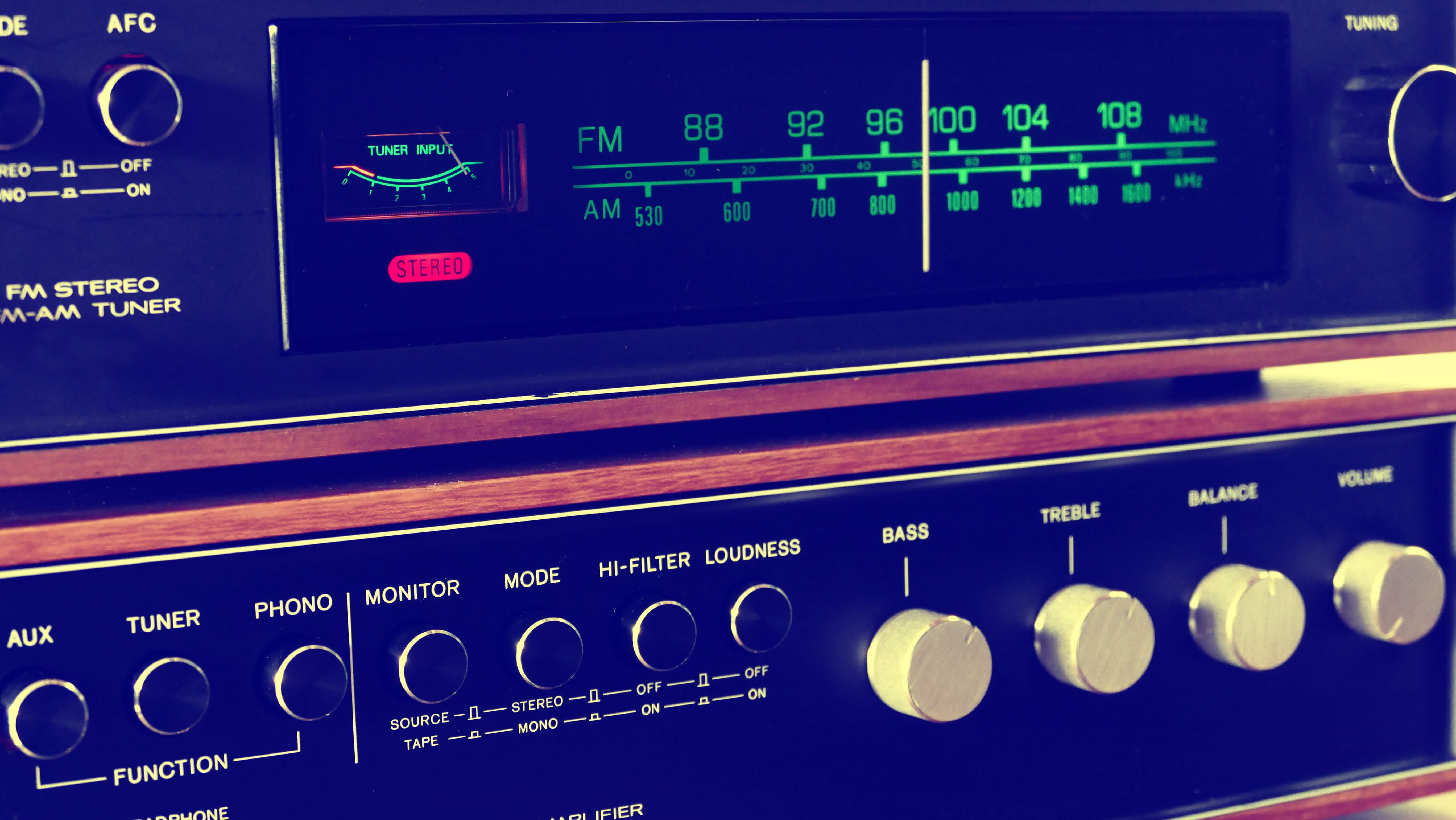Blast 106 student radio found ‘in breach’ of its Ofcom licence

Blast 106, a community station for students, has been found in breach of its licence conditions by the broadcast regulator, Ofcom. The station, run by volunteers, was set up in July 2009 to serve students from Queens University, the University of Ulster and Belfast Metropolitan College and young people living, working or studying in Greater Belfast. After receiving complaints that Blast 106 was not fulfilling its remit, Ofcom monitored the station’s output over 5 days in November 2012 and January 2013.
The broadcast regulator found the output contained no local student news, documentaries or coverage of student sports events or of student politics. There were also no references to the universities or college in the 40 hour period monitored. As part of its key commitments Blast 106 had agreed to provide output typically comprising 90% music and 10% speech rising over time to 80/20% respectively. The station told Ofcom it had had problems recruiting a volunteer presenter for the 3 hour afternoon slot so as a result the programme was pre-recorded and contained little or no speech content. It also argued that the recordings requested by Ofcom in late January started on 28 January 2013, the same date as the start of the new academic term at Queens and Ulster, and that it took a while for the schedule to settle down again and the content therefore did not reflect its typical output.
According to Blast 106, its ‘key commitments’ applied to term time only. It further argued that Ofcom defines ‘daytime’ as 06:00 to 19:00 but that this time period was more relevant to commercial radio stations which, because of their wider broadcast area, would attract listeners travelling to and from work.
It explained that its more restricted broadcast reach meant its audience was unlikely to listen before 07:30 to 08:00 and therefore Blast 106 only commenced its live output from 07:00. It also noted that its speech content was therefore significantly less in the first hour of this output, at an average of 5.8%, rising to 11.5% between 08:00 and 09:00, and 15.3% between 09:00 and 10:00.
Blast 106 said that, based on its own ‘daytime’ definition of ‘live’ output from 07:00 to 19:00, it had transmitted 89% music to 11% speech output. But it accepted that, based on Ofcom’s definition of ‘daytime’, it had not achieved its required music to speech ratio in the broadcasts and agreed to now comply with the key commitments.
As a broadcast compliance consultant, I would say that one of the most common causes of a breach by community radio stations is the failure to stick to their remit and provide content for the audience specified in their licence. It is also likely to prompt a competitor or aggrieved party to be the one responsible for complaining to Ofcom in the first place. So always look to your laurels.
